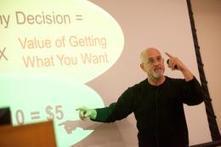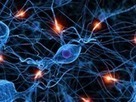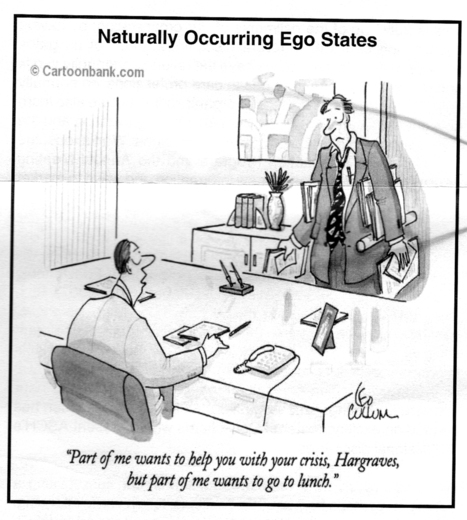To take a gratifying, low-paying job or a well-paid corporate position, to get married or play the field, to move across the country or stay put: The fact that most people face such choices at some point in their lives doesn’t make them any easier.
Research and publish the best content.
Get Started for FREE
Sign up with Facebook Sign up with X
I don't have a Facebook or a X account
Already have an account: Login

 Your new post is loading... Your new post is loading...
 Your new post is loading... Your new post is loading...
|
|












